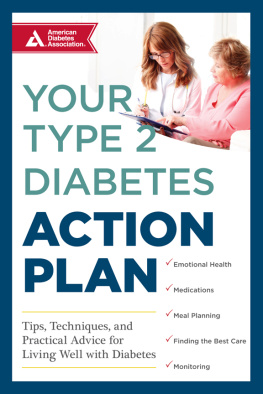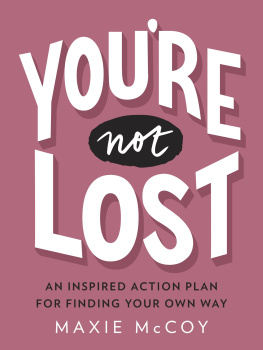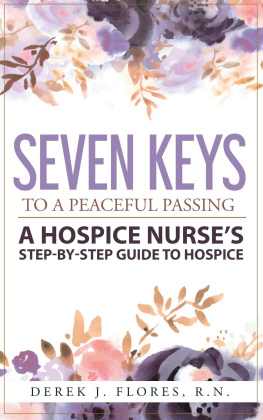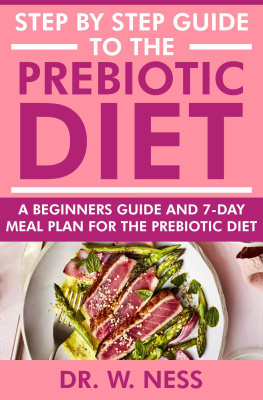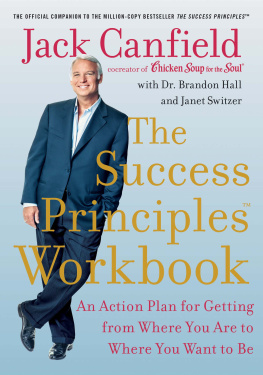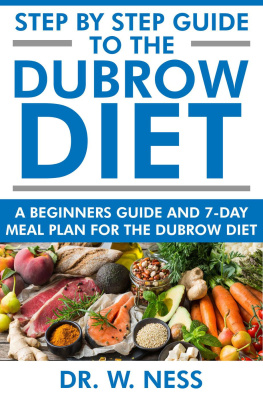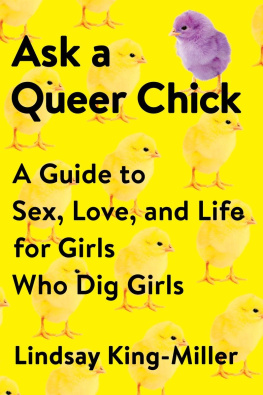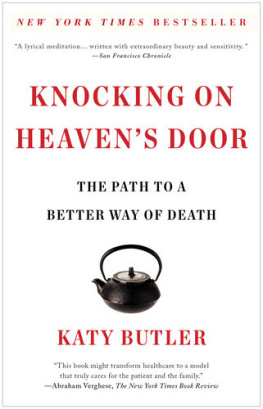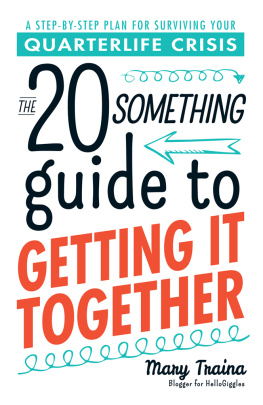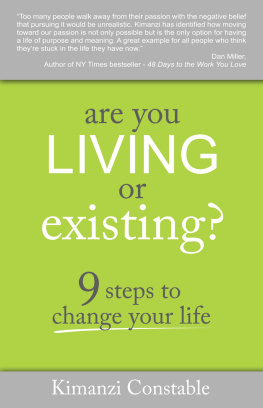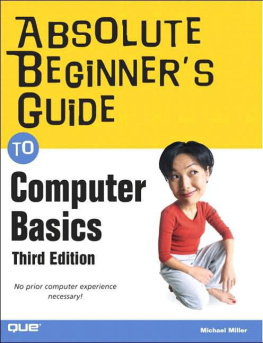
Simon & Schuster
1230 Avenue of the Americas
New York, NY 10020
www.SimonandSchuster.com
Copyright 2019 by Bruce L. Miller, Jr., and Shoshana Berger
All rights reserved, including the right to reproduce this book or portions thereof in any form whatsoever. For information address Simon & Schuster Subsidiary Rights Department, 1230 Avenue of the Americas, New York, NY 10020.
First Simon & Schuster hardcover edition July 2019
SIMON & SCHUSTER and colophon are registered trademarks of Simon & Schuster, Inc.
For information about special discounts for bulk purchases, please contact Simon & Schuster Special Sales at 1-866-506-1949 or .
The Simon & Schuster Speakers Bureau can bring authors to your live event. For more information or to book an event contact the Simon & Schuster Speakers Bureau at 1-866-248-3049 or visit our website at www.simonspeakers.com.
Interior design by Lindsey Turner
Library of Congress Cataloging-in-Publication Data
Names: Miller, Bruce L., 1971- author. | Berger, Shoshana, author. Title: A beginners guide to the end : practical advice for living life and facing death / Bruce L Miller, Shoshana Berger. Description: New York : Simon & Schuster, 2019. | Includes bibliographical references and index. Identifiers: LCCN 2018045252 (print) | LCCN 2019003657 (ebook) | ISBN 9781501157226 (Ebook) | ISBN 9781501157165 (hardback) Subjects: LCSH: DeathPlanning. | Terminal care. | BISAC: SELFHELP / Death, Grief, Bereavement. | FAMILY & RELATIONSHIPS / Death, Grief, Bereavement. | HOUSE & HOME / Cleaning & Caretaking. Classification: LCC HQ1073 (ebook) | LCC HQ1073 .M53 2019 (print) | DDC 306.9dc23
LC record available at https://lccn.loc.gov/2018045252
ISBN 978-1-5011-5716-5
ISBN 978-1-5011-5722-6 (ebook)
For
Stanley
Starrett
Lisa
CONTENTS
Im killing time while I wait for life to shower me with meaning and happiness.
Bill Watterson, Calvin and Hobbes
INTRODUCTION
This Is Not Life Interrupted. This Is Life
T here is nothing wrong with you for dying.
But youd never know it from the way we talk about death. We actually call it a failure: Her health is failing . He failed treatment . If you believe what you read, the entire enterprise of aging is optional. Eat kale, drink red wine, walk 10,000 steps every day. If we cant beat death, then clearly our character or will or faith isnt strong enough.
And what about all those fighting words? Beating death, defying aging, the war on cancer : all battles were sure to lose.
Next to birth, death is one of our most profound experiencesshouldnt we talk about it, prepare for it, use what it can teach us about how to live?
We wrote this book to help make dying something we can get to know a little better.
We dont mean to suggest that youor anyonecan take the reins and control how all of it is going to go; part of the challenge is tempering that need for control.
Holding on. Letting go. There will be lots of boths . Not one feeling or another but a combination. Death, as a subject, is not easy, and dying is not painless. We make no promises to the contrary, and we encourage you to run from anyone who does. But we do believe this book will help dying be less painful and more meaningful.
Your Goals of Care
ONLY A SMALL FRACTION OF us, 10 to 20 percent, will die without warning. The rest of us will have time to get to know whats going to end our lives. As discomfiting as that can be, it does afford us time to live with this knowledge, get used to it, and respond. We do have some choice about how we orient ourselves toward the inevitable. Where well die, maybe. Around whom. And, most important, how to spend time meanwhile. To make those choices manifest, youll need to be clear about your goals of care, a phrase borrowed from the field of palliative care thats becoming increasingly common. By thinking through how you want the end of your life to look, youll find a useful way to face decisions that need to be made along the way. Identifying your goals is more than simply making a list of priorities; its a process that helps you figure out what your priorities are while traversing aging or infirmity. That means listening to yourself as well as to others and communicating with those around you about how you feel and what you think. Its a sure way to land on decisions you (and those around you) can live with.
Your goals of care will follow from your answers to questions such as: Whats most important to you now? What can you live without? How much treatment do you want and what kind? Where do you want to be when you die? How do you hope to be remembered? Your wishes also need to square with the practical realities of your situation, including logistics and costs. We are not suggesting that your goals are fixedthey will change over time, as your life does. But if you can articulate them, they will become a compass.
In this book, we move chronologically through the steps toward the end of life, but you may be on a different schedule, and thats fine, too. We are not here to load you up with work. Were here to help you navigate the work thats coming. Use this material in whatever way fits for you.
The vast majority of you will bump up against the health care system at some point, and it will likely have a significant impact on how you experience life with illness and your own dying process. Our system has profound weaknesses, along with its astonishing strengths, and moving through it can be a counterintuitive and vexing experience. There are many reasons for this, but one way or another they all spring from the fact that the health care system was designed with diseases, not people, at its core. That may change in the years to come, but this book is meant to help you manage the system we have now, not the one we wish we had.
Thats another reason why the care part of health care must always return to you, the human at the center: You need to stake that claim and protect it.
Though its impossible to throw a footbridge over every trench, we set out to explain plainly what youre getting into, with practical advice for how to approach it all: feelings, thoughts, logistics, costs. We must acknowledge that culture, religion, and other belief systems play crucial roles in how we experience life and death. We cant do justice here to the power of those perspectives, but we can make space for you to consider the specific challenges laid out in these pages. It is you who will provide the depth to this book through the texture and color of your situation and who you are.
Its natural to arrive at this subject with some trepidation. We all do. In fact, we should caution you that reading through this book, or even just picking it up, might trigger difficult emotions. It certainly did for us while writing it. No one is asking that you give up the fear of death, but with the guidance of those you meet in this book, you might find that it fades or softens. Our ultimate purpose here isnt so much to help you die as it is to free up as much life as possible until you do.
Defining Terms
WE WILL INTERCHANGEABLY ASSUME THE first person. Sometimes I refers to Shoshana, while other times it refers to BJ. We wrote this book together, so it feels right for us (and less cumbersome for you) not to have to distinguish between us.


